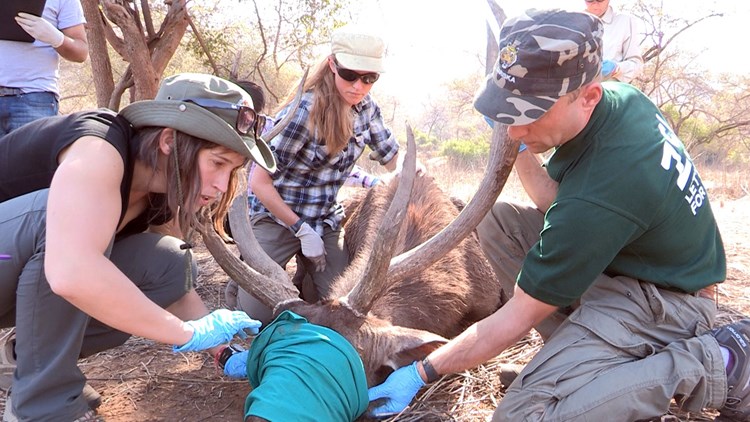
Key Information
CPD Hours: 170 hours
Course Format: An intensive 2.5 week field course, based in Sariska Tiger Reserve, Rajasthan, India. Students receive a mixture of lecture based and practical teaching elements concluding with a multiple-choice examination and an assessed scientific presentation.
Enrol Now
To book, please visit iwah.org
Course Information
- Wild Animal population monitoring
- Wildlife Health & Field Disease investigation
- Wildlife Crime & Forensic investigation
- Wild Animal Restraint and Anaesthesia
- Human-Wildlife Interface
The IWAH 2024 course is once again open to both national and international participants. The 2024 programme is expected to run between 10th February – 27th February.
Participants will carry out a variety of practical and theoretical work, where they are given as many chances as possible to have a hands-on learning experience. Tuition will be carried out in the field to develop skills in human-livestock wildlife conflict management, translocation techniques, disease outbreak investigation, forensic investigation and monitoring of the health of declining species. It will include techniques for field monitoring of wildlife (using a range of techniques including animal tracks and signs, dung/pellet identification and quantification, census techniques, camera trapping, and radio telemetry), biological management, visual health monitoring of free-living animals, best practice in wild animal anaesthesia techniques, demonstration and hands-on practice, clinical examination in the field, sampling techniques for infectious disease screening, pathological examination in the field, and disease surveillance scenarios.
Why do this course
The Zoological Society of London (ZSL), The Wildlife Institute of India (WII), The Royal Veterinary College, The University of Edinburgh (UoE) and the University of Melbourne have been motivated to run this course in recognition of the need to conserve globally important biodiversity in South Asia and other biodiverse areas, which are also a hotspot for wildlife diseases and conflict. These wildlife diseases are relatively unstudied and unchecked, therefore is an important need for greater expertise in, and greater numbers of, wildlife health professionals to tackle them. Such wildlife health professionals are needed to undertake interventions in the health, welfare and conservation of wild animals, to investigate emerging infectious diseases and to ensure human well-being.
For more information and to book, please visit iwah.org
All queries to be directed through the IWAH - this course is not bookable through the RVC CPD website.

